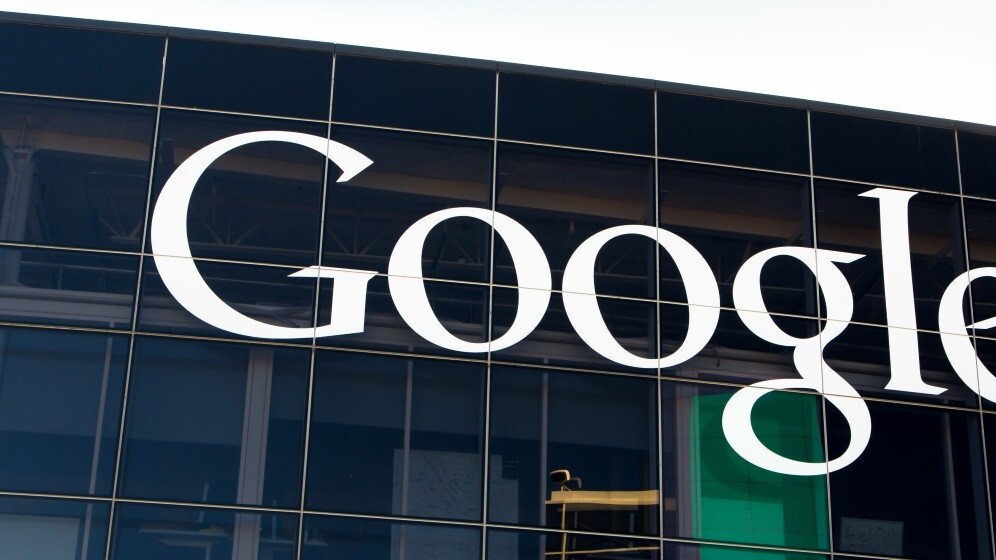
Google unveiled a futuristic project today at the WSJD Live conference that could someday embed nanoparticles in your bloodstream to detect diseases like cancer.
According to Andrew Conrad, Life Sciences chief at the GoogleX lab, the goal behind the project is to develop a system that doctors will rely on for all of our tests. You would take a pill to swallow the nanoparticles, which would then bind themselves to cells in your bodies in order to scan for irregularities. A wearable device would then collect data from the particles and report it to your doctor.
While I’m deeply excited about the possibility of technology being used for early cancer detection, I’m also reminded of an episode of The Outer Limits where a nanobot experiment goes drastically wrong. Google’s nanoparticles are a far cry from sci-fi microscopic sentient robots, but there are certainly a multitude of issues we’ll need to think through as a society before we start injecting ourselves with these things. Thankfully, we have time to start the discussion, as an advisor to the project suggested that the project is at least five to seven years away from market.
Andrew Conrad revealing nanoparticle platform from Google. A pill & wearable gets blood work to your doc! #WSJDLive pic.twitter.com/vs2PxtRqSG
— Nayan Naik (@nayan) October 28, 2014
To Google’s credit, the company has promised not to use nanoparticle data for marketing. In fact, Conrad told the Journal that Google doesn’t plan to store data, but will instead license the technology to others to manage.
At the start of this year, Google shared details about a contact lens project that could measure glucose levels for diabetic patients. In July, the company announced a partnership with Novartis to turn the research into an actual product.
➤ Google’s Newest Search: Cancer Cells [WSJ]
Image credit: Ken Wolter / Shutterstock.com
Get the TNW newsletter
Get the most important tech news in your inbox each week.





